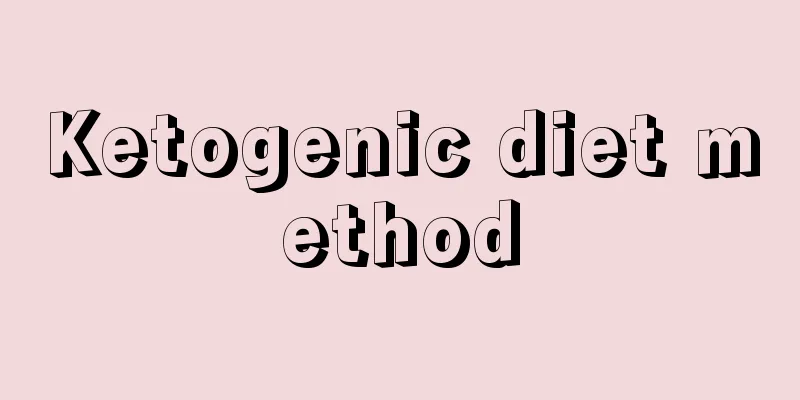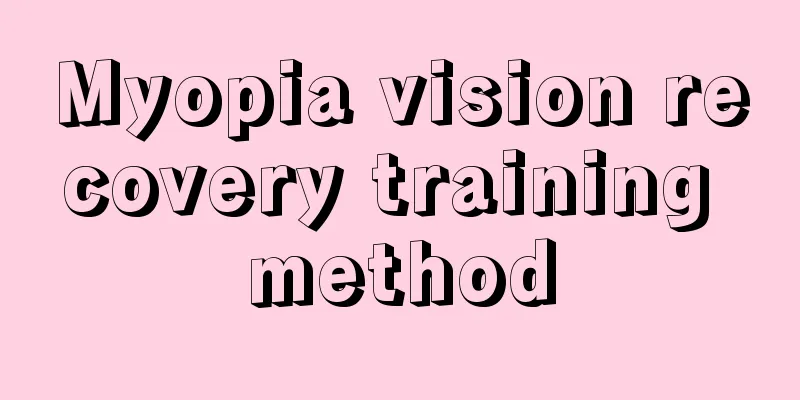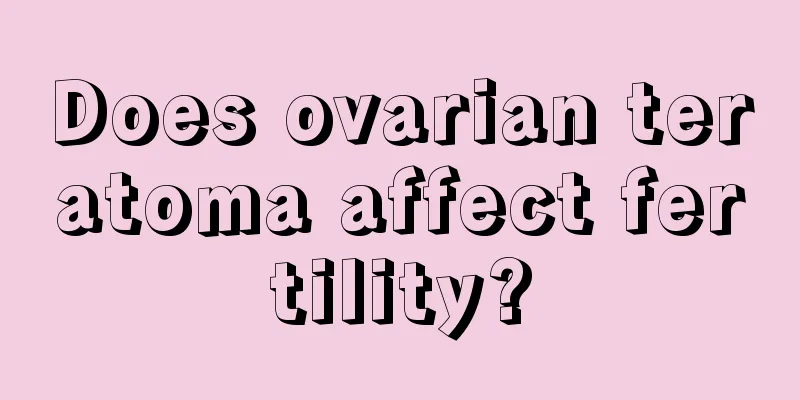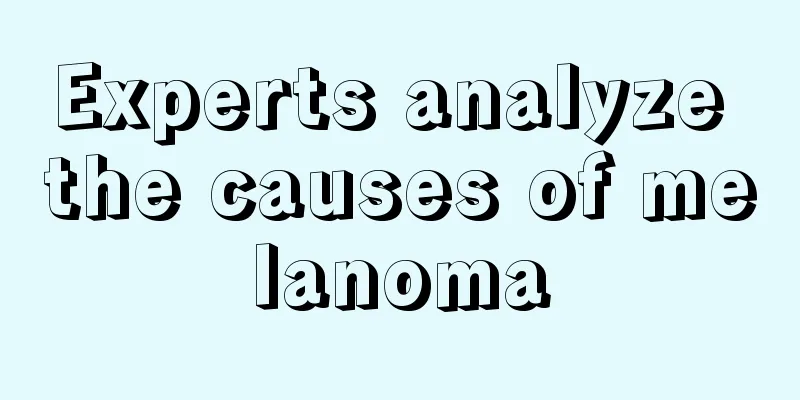Ketogenic diet method

|
Obesity is a common phenomenon in modern life and has a significant impact on people's lives. Once obesity occurs, it will affect people's body coordination and the perfection of their body shape. Therefore, losing weight is imperative for most obese people. Among contemporary weight loss methods, a method called the ketogenic diet has emerged. Let’s take a look at how to follow the ketogenic diet. The ketogenic diet is a diet with a high proportion of fat, a low proportion of carbohydrates, and an appropriate amount of protein and other nutrients. This therapy has been used for decades to treat intractable epilepsy in children in the last century. ●Fasting or not fasting Fasting is not necessary during the start-up phase of the ketogenic diet. It just allows the patient to reach ketosis faster. Fasting can be completely omitted if clinically necessary. Fluid restriction Early literature suggested the importance of restricting fluid intake on a ketogenic diet, but its role is not yet fully understood. And it may increase the risk of kidney stones, so most epilepsy centers do not recommend fluid restriction, but recommend drinking small amounts of water multiple times a day. ●Carnitine supplementation L-Carnitine is an essential cofactor for fatty acid metabolism. It promotes and participates in the body's fat metabolism, protects the stability of cell membranes, has many important physiological functions, and is one of the special amino acid vitamins recommended by the World Health Organization. There have been literature reports of secondary carnitine deficiency on a ketogenic diet, resulting in symptoms such as weakness, powerlessness, and decreased muscle tone. Although the number is small, most epilepsy centers routinely monitor carnitine concentrations or routinely supplement them (100 mg/kg/d). ●Issues related to combined use with other anti-epileptic drugs Not much is known about the interaction between the ketogenic diet and anti-epileptic drugs. There have been no reports of significant interactions between the ketogenic diet and anti-epileptic drugs, and the ketogenic diet will not affect the blood concentration of anti-epileptic drugs. Phenobarbital and benzodiazepines may enhance the efficacy. However, when starting a ketogenic diet, it is generally required to continue taking the original anti-epileptic drugs. Theoretically, it is believed that valproic acid, as a short-chain fatty acid, may enhance the oxidation of fatty acids and increase the risk of liver damage, but recent clinical studies have confirmed that the combination of the two is safe. |
<<: Food additive glacial acetic acid
>>: Weight gain plan for thin people
Recommend
What to do if gums swell after tooth extraction
In today's life, many people have bad eating ...
Do I need calcium supplements when I am six months pregnant?
When a woman is six months pregnant, she is in th...
What are the symptoms of advanced pancreatic cancer
Pancreatic cancer is a common malignant tumor dis...
Pancreatic cancer can be diagnosed using electron microscopy
Pancreatic cancer patients can undergo electron m...
What is the cause of liver cancer? 4 symptoms of liver cancer in the middle and late stages that you should know
Causes of Liver Cancer 1. About 1/3 of liver canc...
How to prevent throat diseases?
The throat is a very important breathing and eati...
Why do we need to apply essential oils during scraping
Gua Sha has many benefits for the body. Generally...
A woman only does it once a month, and she still looks like a flower fairy at the age of 40
For women, health care should be carried out at d...
How to effectively treat colorectal cancer
With the advancement of science and human develop...
Is lung cancer contagious in the late stage? Two things to note about late stage lung cancer
Lung cancer is a malignant tumor originating from...
How to know the stage of nasopharyngeal cancer and how to prevent it
If you have nasopharyngeal cancer, many people wo...
What are the best ways to remove wrinkles?
The appearance of wrinkles is very sensitive to m...
How to remove stains from white shoes
Many people like to wear white sneakers. Besides ...
Thigh strain recovery method
During strenuous exercise, the thigh muscles are ...
Can drinking yogurt every day help enlarge your breasts?
Yogurt is loved by many people because it contain...









